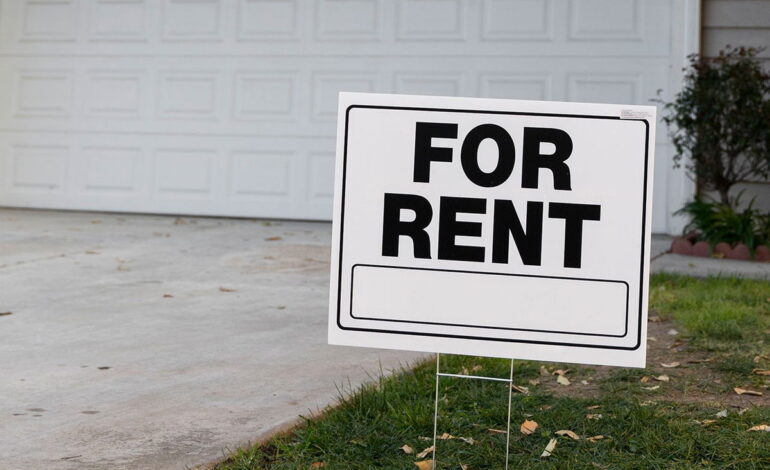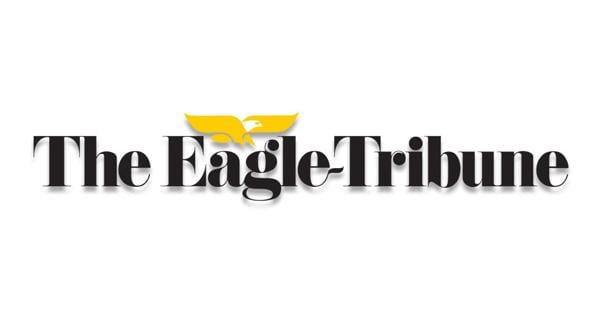Rent and Medical Costs Propel Inflation in Midwest Region

Inflation in the Midwest experienced a year-over-year increase of 2.6% in July 2023, primarily driven by rising costs in housing and healthcare. The data, released by the Bureau of Labor Statistics, shows that significant hikes in rent and medical expenses contributed notably to this inflationary trend.
Housing costs surged by 5.1%, with rent alone rising by 5%. Medical costs also saw a substantial increase of 3.6%. These factors collectively played a crucial role in pushing inflation rates higher compared to the same period last year.
Despite these increases, there was a slight moderation in inflation from June to July. Overall, prices rose by just 0.2% month-over-month. This was influenced by a decline in food and energy prices during the same period. Notably, natural gas and gasoline prices decreased, while electricity prices saw an uptick.
Food prices dropped by 0.2% compared to June, with grocery prices falling by 0.5%. Conversely, the cost of food consumed away from home increased by 0.3%. Year-over-year, food and energy prices remain elevated, with natural gas prices climbing by 14.6%.
These trends in the Midwest mirror national statistics, where consumer prices also rose by 0.2% from June to July and increased by 2.7% compared to the previous year.
As households navigate these rising costs, the impact of increased rent and medical expenses continues to strain budgets across the Midwest. The latest figures highlight the ongoing challenges faced by consumers, underscoring the need for strategies to manage inflationary pressures.






